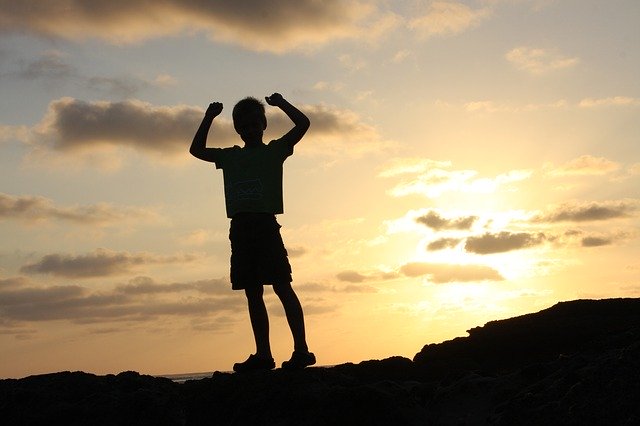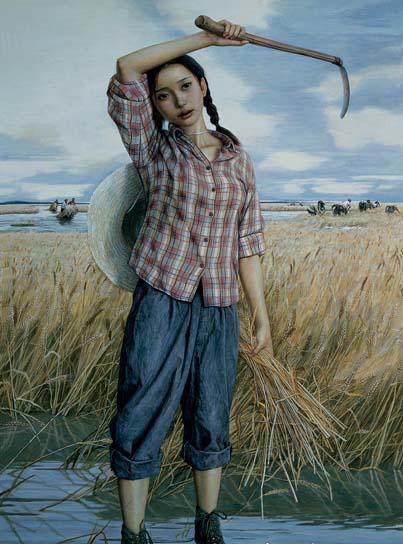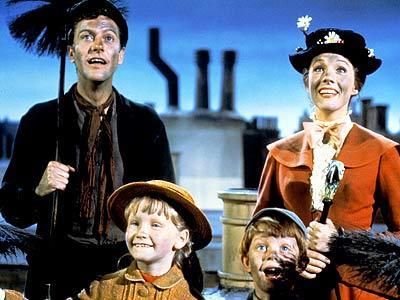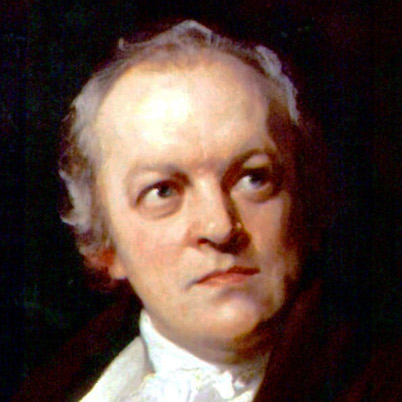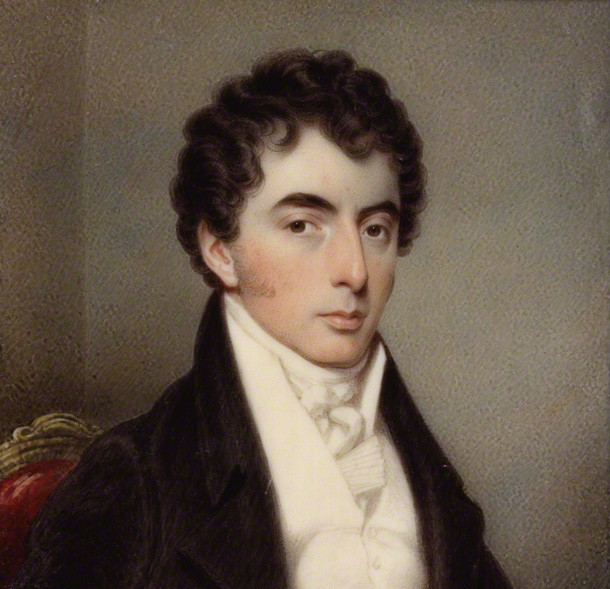This poem analysis of Walter de la Mare’s ‘Off the Ground’ is divided into three parts – rhyme scheme, use of unusual language, and influence of Romanticism.
Rhyme Scheme: This part of the poem explanation focuses on how de la Mare has used a simple and melodious rhyme scheme in ‘Off the Ground’. Here de la Mare writes in the pattern ABCB, and this makes the poem appealing to erudite as well as lay readers.
Use of Unusual Language: This part of the poem analysis focuses on how de la Mare has used words that are not generally used in polite language while writing ‘Off the Ground’. For example, in the speech of Farmer Bates, de la Mare uses an unneeded ‘s’, when Farmer Bates says “I puffs and I blows” instead of “I puff and I blow”. Again, in the speech of Farmer Giles, de la Mare uses the word “drownded” in place of “drowned”. When the both of them speak together, instead of saying “We know not, dream not/ Where you are”, they say “Us knows not, dreams not/ Where you be”. Instead of “excusing” and “certain”, they say “axcusing” and “sartin”. We, as readers, may legitimately ask why Walter de la Mare uses such language. The answer is that he is mimicking the speech of the lower sections of society. Even an elementary reading into the background and evolution of modern and formal English will show that many dialects were spoken in different parts of England. The words that de la Mare has used here probably belong to some dialect that was rarely used by men of the upper class, or men living in urban areas. Hence, this is not the kind of English that we are used to hearing, and its use therefore strikes us as anomalous. However, an average English reader of the contemporary time would not be so surprised at encountering this kind of language in a poem by a prominent poet of his own age.
Influence of Romanticism: This part of the poem explanation focuses on how de la Mare’s ‘Off the Ground’ shows certain characteristics that were common to most Romantic poems. For example, it is well known to readers of English poetry that the Romantic poets were very fond of writing about nature, and especially of describing the English countryside in their poems. This is exactly what de la Mare does while describing all the places that the three farmers danced through. He describes such typically English sights as meadows and valleys. Even the place names he uses (like Whipham and Watchet) are typically English.
Romantic poets sought a way out of the space of the city, and the hectic life associated with it. They did so not just by evoking pictures of the English countryside, but also by evoking an older way of life. Walter de la Mare does this in his description of the deep-sea abode of the mermaids. By saying that this was a space of feasting, dancing, and minstrelsy, he is evoking the way of life of the English courts under such decadent rulers as James I, where masques were often performed for the entertainment of the royal family. The specific use of the word ‘minstrelsy’ may also evoke two other things – the older time of the knights, especially King Arthur and the Knights of the Round Table (England’s most cherished source of fantasy and myth), as well as the tradition of song-writing, story-telling and balladeers that was being revived to some extent by the Romantic poets.
Last but not least, the protagonists of ‘Off the Ground’ themselves mark the poem as being a typically Romantic one. At no point of time in English literary history before the Romantic age did prominent poets focus on common people in their poetry, However, by choosing to write about mere farmers and their seemingly meaningless activities in the first part of the twentieth century, de la Mare captures the spirit of a time that is not his own, yet the influence of which is very obvious in his poetry – the need to tell the stories of common people in a language so simple that it could be accessible to readers of any class whatsoever.
Some online learning platforms provide certifications, while others are designed to simply grow your skills in your personal and professional life. Including Masterclass and Coursera, here are our recommendations for the best online learning platforms you can sign up for today.
The 7 Best Online Learning Platforms of 2022
- Best Overall: Coursera
- Best for Niche Topics: Udemy
- Best for Creative Fields: Skillshare
- Best for Celebrity Lessons: MasterClass
- Best for STEM: EdX
- Best for Career Building: Udacity
- Best for Data Learning: Pluralsight

